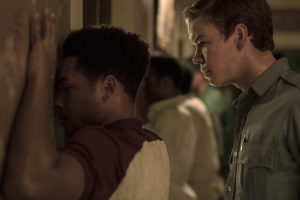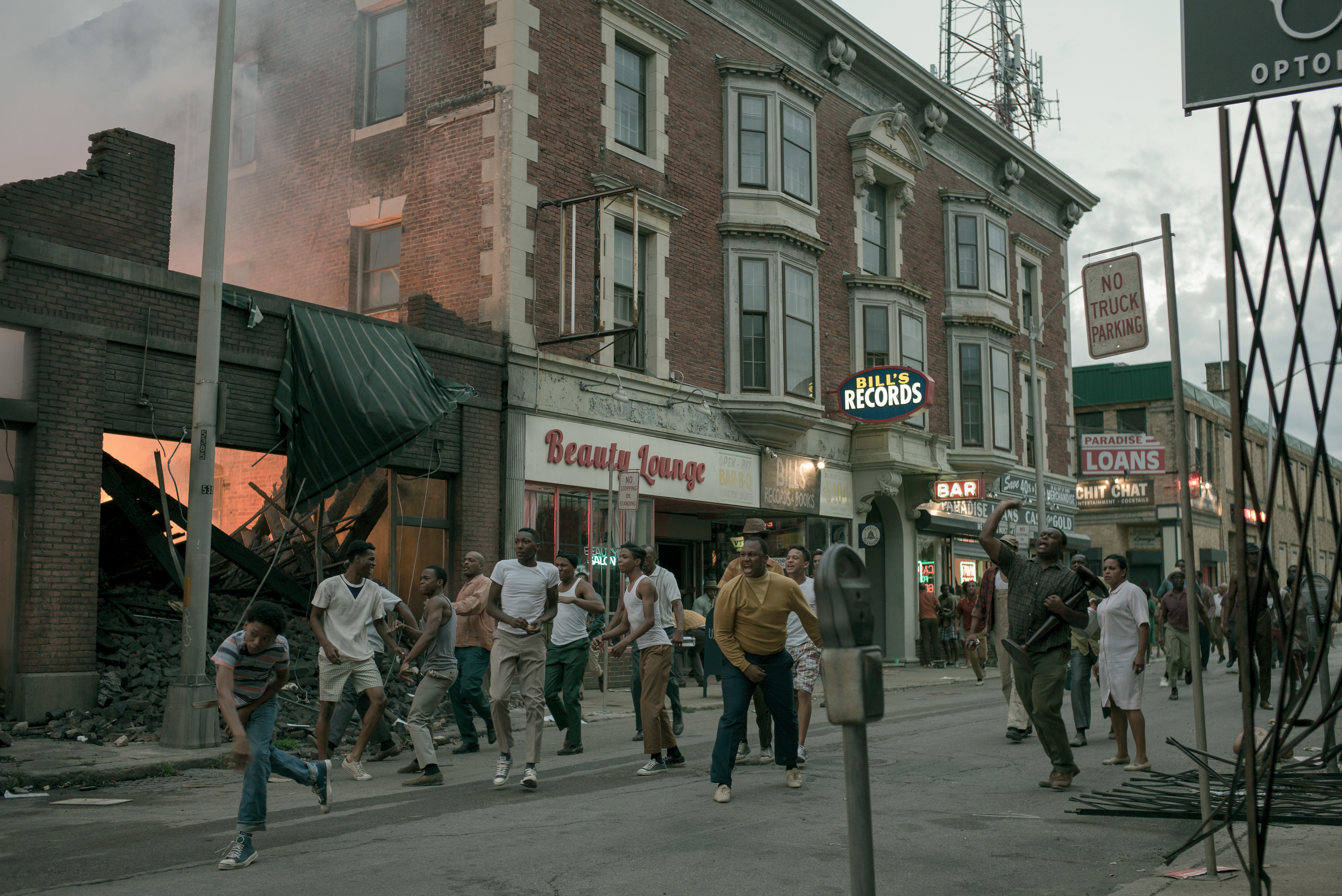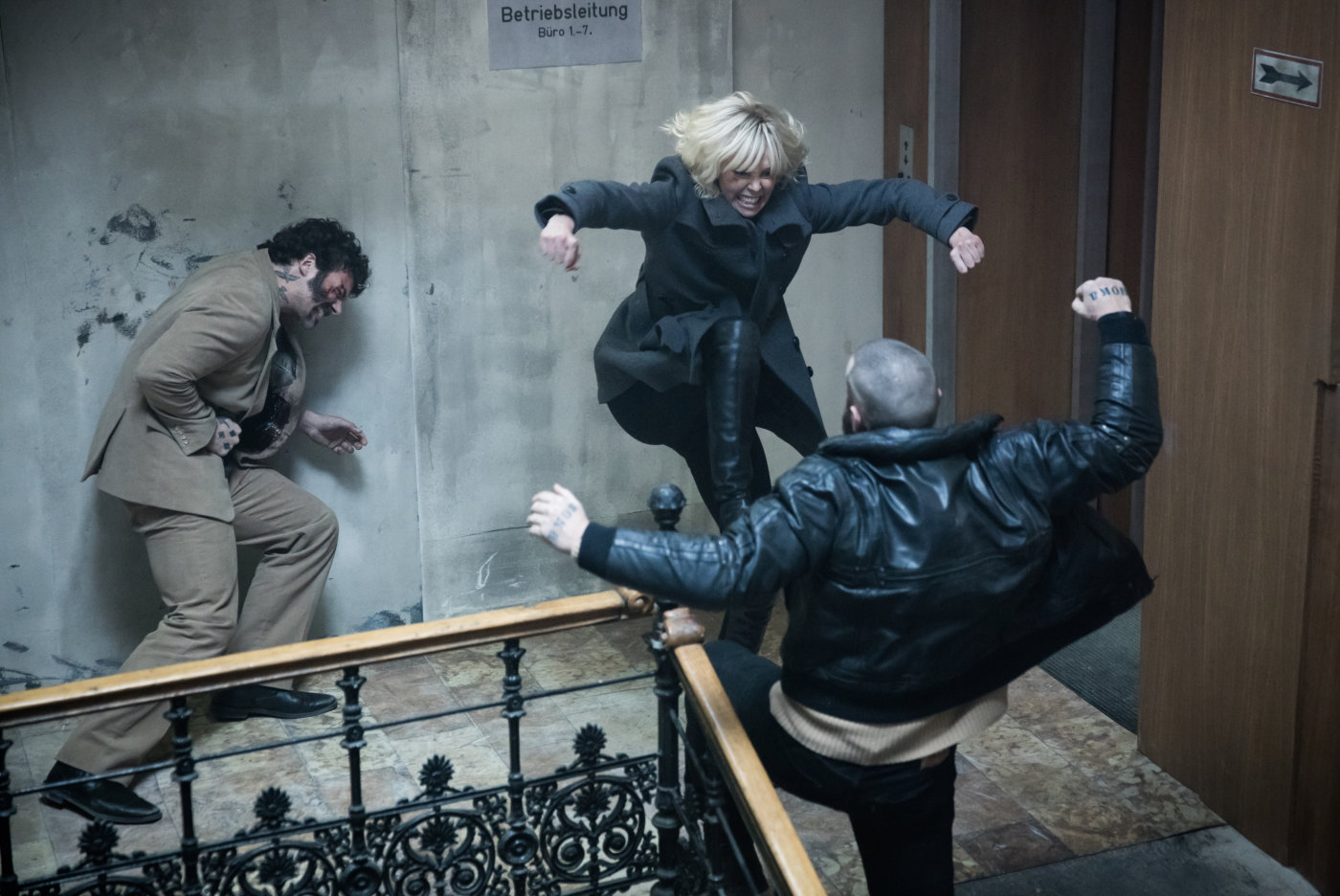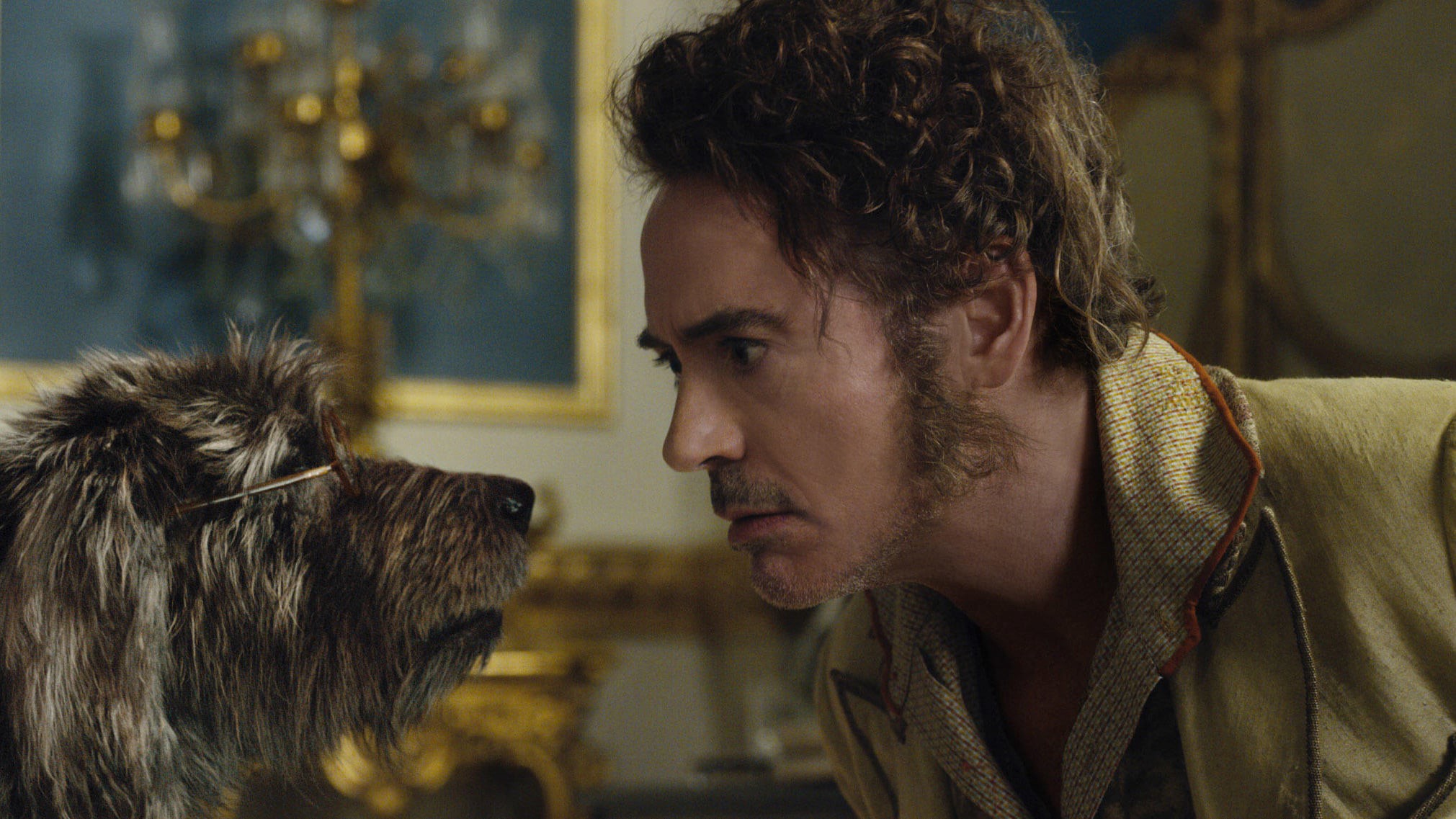I have no idea what it’s like to be black in the United States. I do have some guesses, and none of them amount to “it’s party time 24/7!” I think many white Americans have taken the concept of object permanence to the next level in that if they’re not happy, somebody else must be (which, of course, assumes a finite and fixed amount of happiness at all times). Thus, it stands to reason that black people must be kept unhappy to insure more white people happiness. Honestly, I have no idea if that bullshit theory holds any water, but it makes equally as much sense as assuming one race is genetically superior to another and needs to demonstrate it. The last part is what gets to me – none of you white supremacists can just live and let live knowing you’re “superior?” What does it matter if you lose the occasional job or school acceptance in the name of diversity? If your race is so superior, it doesn’t need help.
In my mind, there’s a missing detail from the events of July 23, 1967 when police raided an unlicensed club in downtown Detroit. The raid led to a three-day riot in the surrounding neighborhoods, but still strikes me as a full step below “Archduke Ferdinand” level catalyst. Then again, I’m not black. I don’t have any idea what it’s like to have enslaved forefathers or the verisimilitude of civil rights. While the post-WWII era might have promised improvement in African American stature, the 1960s betrayed a reality of Vietnam and inner city poverty. Perhaps a true catalyst is unneeded when the equality promised in 1863 still hadn’t arrived over 100 years later.
On day 2 of the riots, police officer Krauss (Will Poulter) fatally shoots a fleeing looter. His actions were against orders and his department discussed murder charges, but let him go about his job anyway. I’m not sure exactly which action is the worse – “hmmm, Krauss. You seem to have shown poor judgment to the tune of life and death amidst the chaos … I should have your badge, gun, and see you behind bars … oh, what was I thinking? Get out there and give ‘em Hell, ya scamp; your city needs you!”
Days 1 and 2 were a picnic compared to day 3 in which the word “Gestapo” comes to mind. I’ll say no more, because who can resist a film that invokes said term? Unfortunately, the record has never been set straight due to conflicting testimony in the court case that followed. Suffice to say what went down at the Algiers Motel was neither pretty nor just.
In setting up the plot, I‘ve already violated the direction of the film here — Kathryn Bigelow wanted Detroit to be about the citizens, not the inflictors. Racist thug cops don’t get backstories; victims get backstories. Specifically, private security guard Melvin Dismukes (John Boyega), an observer who took the blame for the worst, a pair of would-be Motown stars Larry Reed (Algee Smith) and  Fred Temple (Jacob Latimore), a recent ‘Nam veteran Robert Greene (Anthony Mackie), and two white girls Juli Hysell and Karen Malloy (Hannah Murray and Kaitlyn Dever) caught in the wrong place/wrong time. None of these people would ever forget the Detroit riots.
Fred Temple (Jacob Latimore), a recent ‘Nam veteran Robert Greene (Anthony Mackie), and two white girls Juli Hysell and Karen Malloy (Hannah Murray and Kaitlyn Dever) caught in the wrong place/wrong time. None of these people would ever forget the Detroit riots.
Detroit is a frustrating film. The 1960s setting is anachronistic and based (faithfully as possible) to true events, yet the film could easily have been called Ferguson and set in 2014. Can this happen now? Of course it can. The central themes of racism, police abuse, and the creation of urban war zones have become disgustingly common in our society. It’s worth note that there were indeed heroes on the side of law enforcement in Detroit; the sad part is the random sympathetic officer, soldier, or national guardsman offering aid did so under a cloak of fear and anonymity, not unlike an Underground Railroad conductor shepherding slaves to safety. By the 1960s, slavery had been dead in this country for 100 years and while it never existed in the city where this film takes place, movies like Detroit show, sadly, exactly how little changed in the United States during that time span.
♪Blew up a town that is famous for auto plant machine
Not terribly proud, crime it can abound, rated “T” for teen
If it went down here, sirens will be near, both night and day
Flashing my face in lights or reading me my rights outside Renai
Ain’t the place of your dreams, hopefully life redeems
Baby, this is Detroit
Michael Moore and Magnum boast from afar
There’s nothing you can do
About Detroit
Even all these riots underway
Will place second to L.A.
Abandoned in Detroit, Detroit♫
Rated R, 143 Minutes
Director: Kathryn Bigelow
Writer: Mark Boal
Genre: Sad American history
Type of being most likely to enjoy this film: ACLU
Type of being least likely to enjoy this film: Law enforcement
♪ Parody Inspired by “New York”



